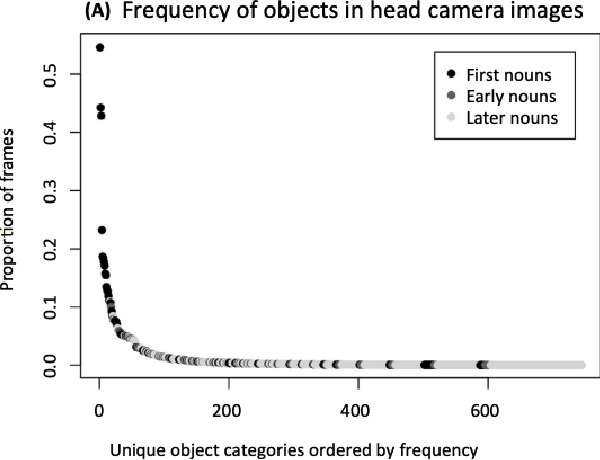Zipfian environments for Reinforcement Learning
Paper and Code
Mar 15, 2022



As humans and animals learn in the natural world, they encounter distributions of entities, situations and events that are far from uniform. Typically, a relatively small set of experiences are encountered frequently, while many important experiences occur only rarely. The highly-skewed, heavy-tailed nature of reality poses particular learning challenges that humans and animals have met by evolving specialised memory systems. By contrast, most popular RL environments and benchmarks involve approximately uniform variation of properties, objects, situations or tasks. How will RL algorithms perform in worlds (like ours) where the distribution of environment features is far less uniform? To explore this question, we develop three complementary RL environments where the agent's experience varies according to a Zipfian (discrete power law) distribution. On these benchmarks, we find that standard Deep RL architectures and algorithms acquire useful knowledge of common situations and tasks, but fail to adequately learn about rarer ones. To understand this failure better, we explore how different aspects of current approaches may be adjusted to help improve performance on rare events, and show that the RL objective function, the agent's memory system and self-supervised learning objectives can all influence an agent's ability to learn from uncommon experiences. Together, these results show that learning robustly from skewed experience is a critical challenge for applying Deep RL methods beyond simulations or laboratories, and our Zipfian environments provide a basis for measuring future progress towards this goal.
 Add to Chrome
Add to Chrome Add to Firefox
Add to Firefox Add to Edge
Add to Edge